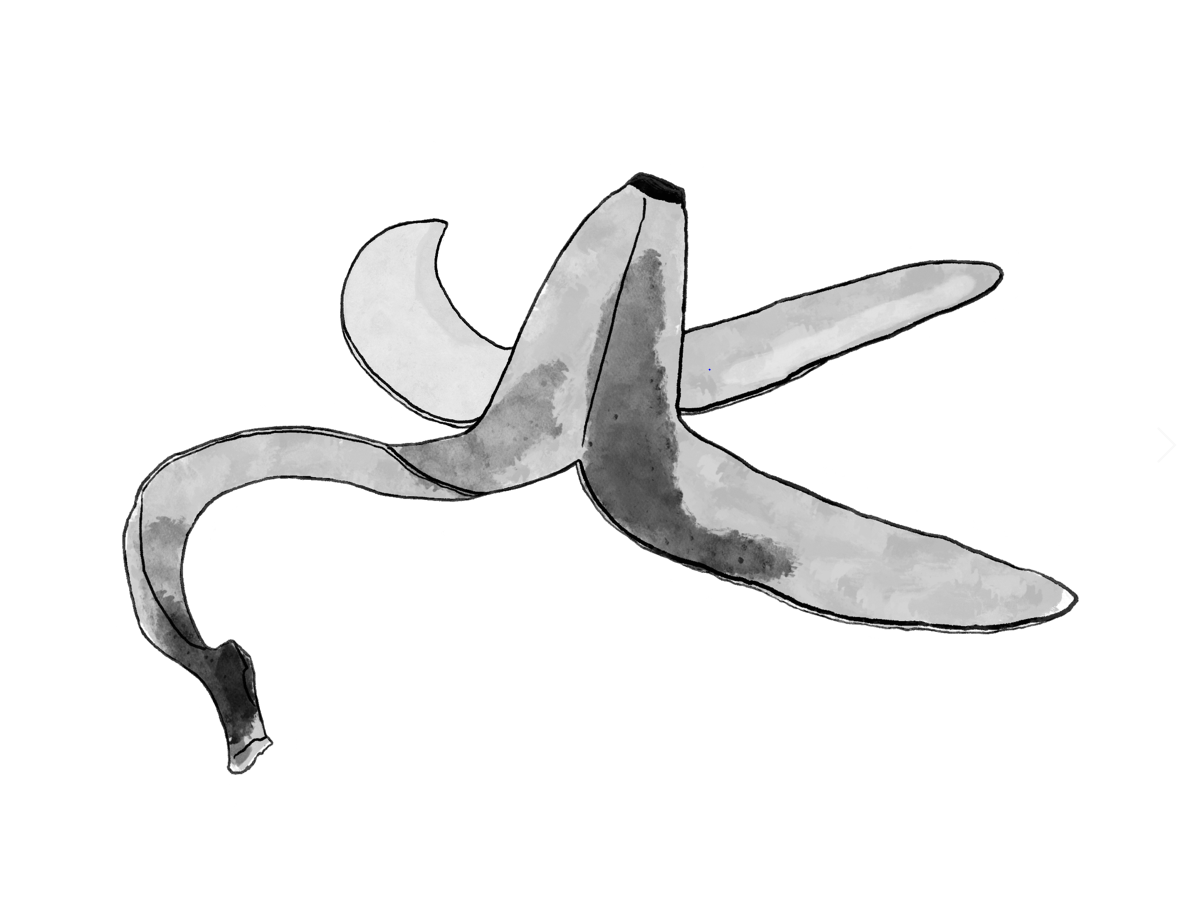Woe to the scientist whose path is not paved with perfection. Whose lot is blood, sweat and tears, but not always success. Your stomach ties itself in knots, you can’t sleep and you’re full of self-reproach. Resource has had enough of all the pressure and sought relief at the Great Failure Festival. Five tips.
1. You can’t (and yet you can) help it
Why does one person succeed and another fail? And what factors are decisive? Bad news: in science more than anywhere, openness about failure is often still a no-go. And there is hardly anywhere you are judged for it as severely as in the scientific world. An experiment that doesn’t turn out as expected, a hypothesis that is disproven, a mistake in your data set, a rejected article: in science, these things are soon labelled failures, not least by yourself. If you feel under pressure, it is not your fault, because science is not yet a forgiving environment. But there is a lot you and your team can do about it: share your failures, with those higher up the hierarchy preferably setting a good example in this. Less criticism, more compassion. And you can dial back your self-criticism yourself.
2. There isn’t always an upside
Learning from mistakes requires the mental agility to see them for what they are. Do not assume that there must be an upside to everything. Sometimes failure is just failure. If you freely acknowledge this, overcoming ‘failure cramp’, as it was called at the Great Failure Festival, you gain room for reflection: what went wrong, what could you have done differently, which stumbling block will you avoid next time round? Sometimes you were just unlucky, and there is nothing you can do about it, except pick yourself up and carry on. And if it’s any consolation: the feeling of failure always has a function, namely as a ‘third eye’ which detects the bar you have not reached, and where the standard lies.
3. Lay off, will you?
‘You are not intelligent enough to … [fill in the blank]. Other people are much better at it. You’ll be found out one day. You don’t belong here.’ That nagging voice in your head is not only extremely irritating, but can also paralyse you so badly that indeed, hardly anything goes well anymore. And so your inner critic tightens their grip on you: ‘Told you so, you can’t do it.’ Learned at the Great Failure Festival: you can break through this by seeing your inner critic as a character. Give them a name. Describe their voice, clothing, motor skills. And what do they say? The better you get to know this sourpuss, the better you will recognize that grumbling voice in your head next time it pipes up.
Share your failures, with those higher up the hierarchy preferably setting a good example
You can’t switch it off completely – and you don’t have to, because deep down, your inner critic has your best interests at heart and actually wants to protect you from something. But it could be a bit less loud and in your face than it is now. Try to imagine it as the sound of a radio in the background. It is there, but you don’t have to pay attention to it all the time.
4. Fit to fail
Things do go wrong, of course. And, sad but true, sometimes it really is your own fault. Then you have two options: look away in shame and start again as soon as you can, hoping that nobody notices your failure. Or admit that you have failed, with your head held high. Difficult? Certainly. Embarrassing? Quite. But the more you do it, the easier it gets. Just know that it’s the same with failure-fitness as it is with the gym: you won’t get substantially fitter if you’re only open about mini-failures. Train yourself by also acknowledging mistakes and failures that you find more painful. Until you are so fit that you can forget about almost anything and fear of failure will never stand in your way again.
5. Fuck-you yoga
Have you tried your level best to come to terms with your failures, only to fail at that too? Don’t despair, there is always the solution of a serious session of ‘fuck-you yoga’ – also learned at the festival. This is how it works: stand firmly upright. Slow down your breathing. Breathe in, slowly move your right arm up and make a fist. Hold your breath for a moment. Then, as you breathe out, raise your middle finger. Think of your inner critic and say ‘FUCK YOU’ out loud. Repeat as often as it takes to dim that annoying little voice in your head to an acceptable background level.
Great Failure Festival
Students, teachers, researchers: almost everyone in academia reports high levels of performance pressure. And that is precisely the kind of situation in which it pays to learn to take failures and disappointments on the chin. The Great Failure Festival, organized by associate professor of Rural Sociology Jessica Duncan and others, offered plenty of starting points for this. Although the festival was a one-off event, it was such as success that it will probably be repeated in a form yet to be determined.

 Text Marieke Enter & Stijn Schreven. Illustration Ilja Bouwknegt
Text Marieke Enter & Stijn Schreven. Illustration Ilja Bouwknegt 

